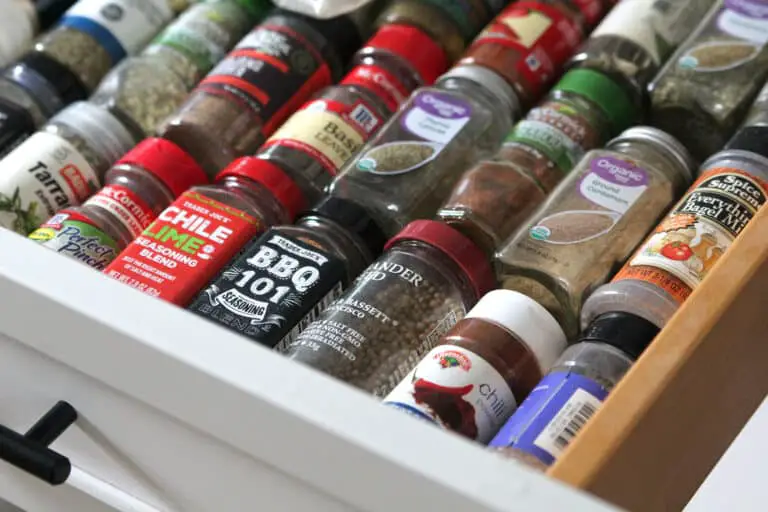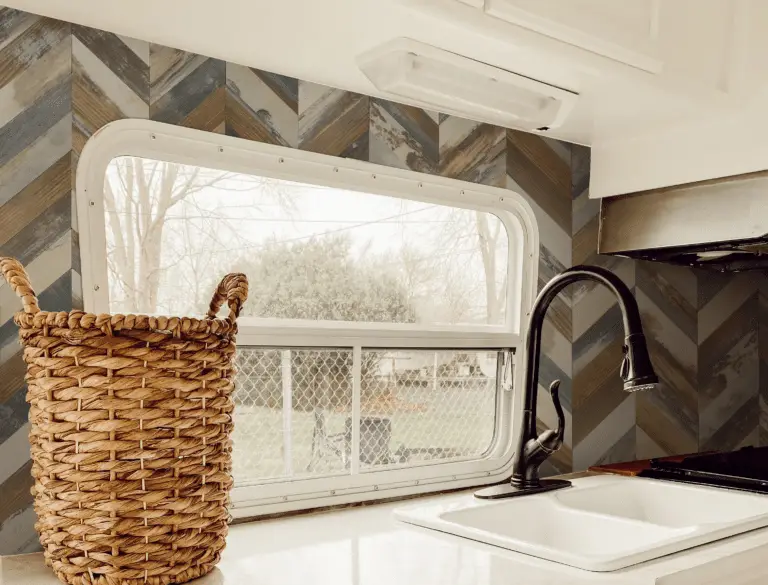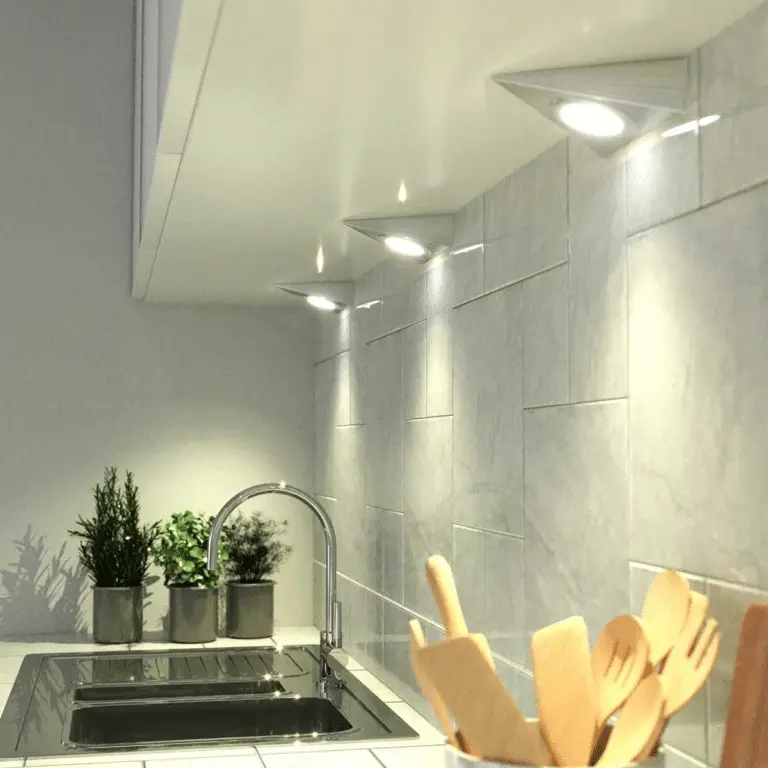Welcome to our latest blog post on RV Water Pump Maintenance Tips! In this guide, we’ll walk you through the essential steps to keep your RV water pump running smoothly.
From understanding how your RV water pump works to troubleshooting common issues and knowing when it’s time for a replacement, we’ve got you covered. Don’t let a failing water pump ruin your next camping trip – follow our expert advice and keep the water flowing seamlessly in your RV!
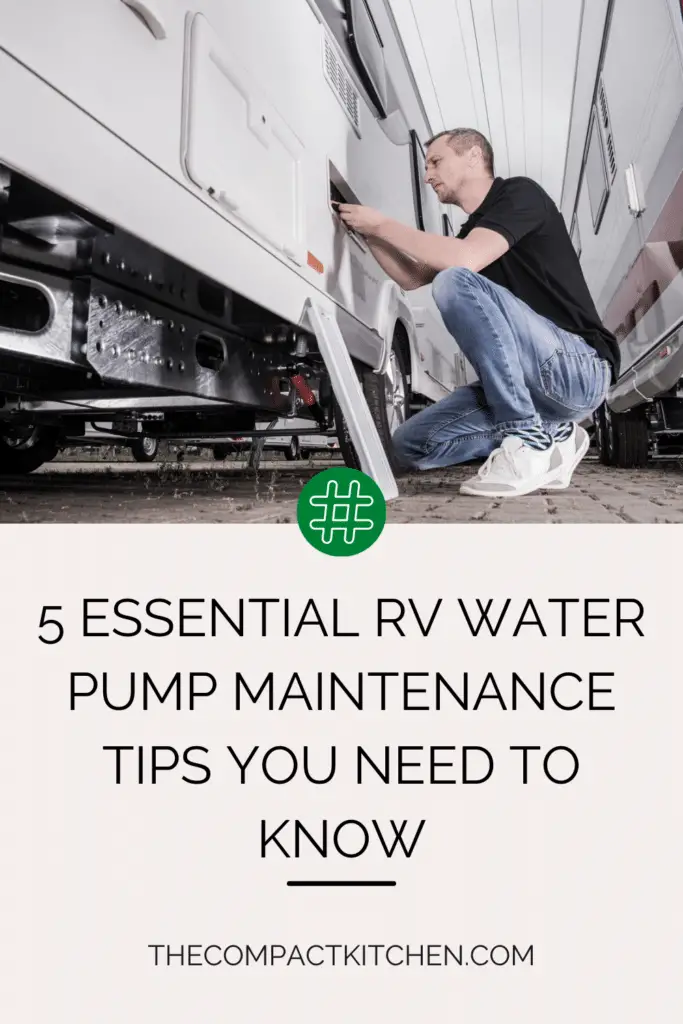
Introduction to RV Water Pump Maintenance
When it comes to RV maintenance, one of the most critical components to keep in check is the water pump. Your RV water pump is like the heart of your plumbing system, ensuring a steady flow of water for various needs such as showering, washing dishes, and flushing toilets. Without proper maintenance, you could find yourself high and dry in the middle of your camping trip.

Ignoring the maintenance of your RV water pump can lead to a host of problems. From low water pressure to noisy operation, neglecting this essential part of your RV can result in costly repairs and inconveniences while on the road. By taking the time to care for your RV water pump, you can avoid these issues and ensure a smooth and uninterrupted water supply during your adventures.
So, let’s dive into the importance of RV water pump maintenance and the common problems you may encounter if you overlook this crucial task.
Understanding Your RV Water Pump
When it comes to RV water pump maintenance, it’s essential to understand the basic operation and functions of your pump. By knowing what to look for and how your pump should be performing, you can catch potential issues early on and prevent costly repairs down the line.
Basic Operation and Functions
RV water pumps are responsible for drawing water from your fresh water tank and supplying it to your faucets, shower, and toilet. They are typically powered by your RV’s electrical system and use a diaphragm or impeller to create pressure and push water through the lines.

Understanding how your water pump operates can help you recognize when something isn’t quite right. If you notice a decrease in water pressure, strange noises coming from the pump, or the pump constantly cycling on and off, these could be signs of a failing water pump.
Signs of a Failing RV Water Pump
One of the most common signs of a failing RV water pump is a noticeable decrease in water pressure. If you turn on your faucet and only a trickle of water comes out, it could indicate that your pump is struggling to maintain pressure. Additionally, if you hear loud noises or rattling coming from the pump when it’s running, there may be a mechanical issue that needs attention.

Another key indicator of a failing water pump is frequent cycling on and off. If your pump is constantly turning on and off while you’re using water, it could be a sign of a leak in the system or a malfunctioning pressure switch. Ignoring these signs could lead to more significant problems down the road, so it’s essential to address them promptly.
By familiarizing yourself with how your RV water pump should operate and recognizing the signs of a failing pump, you can take proactive steps to keep your system running smoothly. Regular maintenance and routine checks will help ensure that your water pump continues to provide you with reliable water pressure on all your adventures.
Routine Checks and Preventive Maintenance
As an RV owner, it’s crucial to understand the significance of routine checks and preventive maintenance when it comes to your water pump. Neglecting these essential tasks can result in costly repairs and potential water damage in your RV. By taking the time to inspect and care for your RV water pump, you can ensure its optimal performance and longevity.
Importance of Regular Inspection
Regular inspection of your RV water pump is key to catching any potential issues early on. By checking for leaks, unusual noises, and signs of wear and tear, you can address any problems before they escalate. Inspecting your water pump should be part of your regular maintenance routine to ensure it’s operating at its best.
Tips on Preventive Maintenance
One of the most crucial preventive maintenance tips for your RV water pump is keeping it clean. Dirt and debris can build up over time, affecting the pump’s efficiency. Regularly cleaning the pump and its surrounding area can prevent clogs and prolong its lifespan. Additionally, be sure to check the pump for any loose connections or damaged parts that may need tightening or replacement.
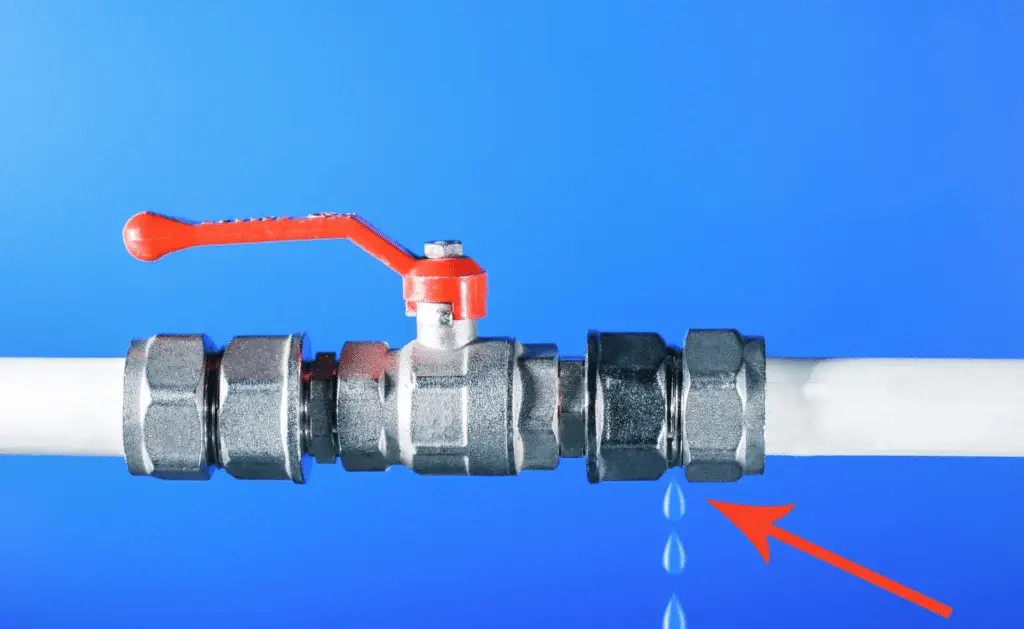
Another important tip is to avoid letting your RV water pump run dry. Running the pump without water can cause damage and decrease its lifespan. Be mindful of your water levels and make sure to refill your tanks before running the pump to prevent any issues.
Guidance on Checking for Leaks
Leak detection is a critical part of maintaining your RV water pump. Even a small leak can lead to water damage and decreased pump performance. Regularly inspect the pump and its connections for any signs of leaks, such as water puddles or wet spots. If you notice a leak, address it promptly to prevent further damage. Depending on the severity of the leak, you may need to tighten connections, replace seals, or seek professional assistance.

By prioritizing routine checks and preventive maintenance for your RV water pump, you can ensure its optimal performance and longevity. Don’t wait until a problem arises – taking proactive steps to care for your water pump can save you time and money in the long run.
Repairing Common RV Water Pump Problems
As an RV owner, understanding how to troubleshoot and repair common water pump problems is essential to ensure a smooth and hassle-free camping experience. In this section, we will discuss some valuable advice on troubleshooting issues like low water pressure and noisy operation, provide step-by-step guidance for simple fixes, and highlight indicators that suggest it might be time to seek professional help.
Troubleshooting Common Issues
One of the most common problems RV owners face with their water pumps is low water pressure. This can be caused by a variety of factors, including clogged filters, leaks in the system, or a malfunctioning pump. To troubleshoot low water pressure, start by checking the pump’s inlet and outlet filters for any debris or sediment buildup. Cleaning or replacing these filters can often resolve the issue and restore normal water pressure.
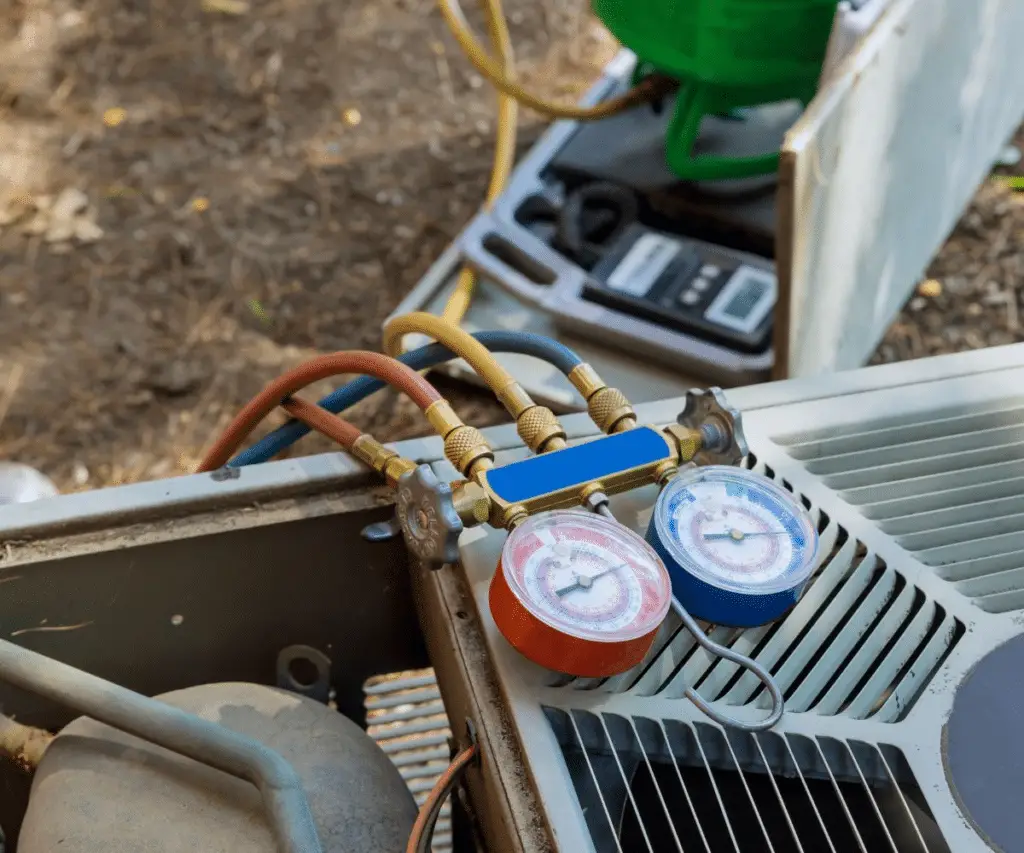
Another common complaint RV owners have is noisy water pump operation. If your pump is making excessive noise, it could indicate loose fittings, air in the system, or a failing pump. To address noisy operation, start by checking all fittings and connections to ensure they are secure. Bleeding air from the system can also help reduce noise. If the problem persists, it may be time to consider replacing the pump.
Simple Fixes for Common Problems
For simple issues like clogged filters or loose fittings, RV owners can often perform the necessary repairs themselves. Always refer to your RV owner’s manual for specific instructions on how to access and repair your water pump. In most cases, replacing clogged filters, tightening loose fittings, or bleeding air from the system can resolve common water pump problems.
Regular maintenance and inspection of your RV water pump can help prevent larger issues from arising in the future. By staying vigilant and addressing minor problems promptly, you can prolong the life of your water pump and avoid costly repairs down the road.
Indicators for Professional Help
While many common water pump problems can be resolved with DIY solutions, there are instances where professional help may be needed. If you have followed troubleshooting steps and simple fixes but are still experiencing issues like persistent low water pressure or unusual noises, it might be time to consult a professional RV technician.

Professional technicians have the expertise and tools necessary to diagnose complex water pump problems and perform repairs or replacements as needed. Don’t hesitate to seek professional help if you are unsure about how to address a water pump issue or if you suspect a more serious underlying problem.
When to Replace Your RV Water Pump

After years of faithful service, your RV water pump may start showing signs of wear and tear. While routine maintenance and occasional repairs can keep it running smoothly, there comes a time when replacing the pump is the best course of action. Here are some key indicators that it’s time to bid farewell to your old water pump and welcome a new one:
1. Excessive Wear and Tear
If your RV water pump has been in operation for a long time and has undergone frequent repairs, it may be reaching the end of its lifespan. Continuous use can lead to internal components wearing out, resulting in decreased efficiency and performance. In such cases, investing in a new water pump can save you from frequent breakdowns and costly repairs in the long run.
2. Persistent Leaks
Leaking is a common issue with RV water pumps and can be a sign of internal damage or deterioration. If you notice persistent leaks coming from the pump or its connections, it’s a clear indication that the pump is no longer functioning effectively. In such instances, replacing the water pump is the most viable solution to prevent further water wastage and potential water damage to your RV.
3. Irreparable Damage
Some RV water pump problems may be beyond repair, especially if the pump has suffered extensive damage or is obsolete. Attempting to fix irreparable damage can be a futile effort and may only prolong the inevitable. In cases where the water pump is severely damaged or outdated, opting for a new pump is the best way to ensure reliable water supply on your RV trips.
Choosing a New RV Water Pump
When it comes to selecting a new RV water pump, consider factors such as flow rate, pressure capacity, energy efficiency, and noise level. Look for pumps that are compatible with your RV’s plumbing system and meet your specific water supply requirements. Additionally, ensure proper installation by following manufacturer guidelines and seeking professional assistance if needed.

By knowing when to replace your RV water pump and choosing a suitable replacement, you can maintain a steady and reliable water supply during your travels. Regularly inspecting and servicing your water pump can help prevent premature failure and ensure hassle-free camping experiences.
Wrapping Up: Don’t Let Your RV Water Pump “Pump Out”
Maintaining your RV water pump is vital to avoid costly issues down the road. Remember, a stitch in time saves nine! Regular checks, preventive maintenance, and quick repairs can keep your pump running smoothly. And when it’s time for a replacement, choose wisely and install carefully. Your RV water pump is the heart of your water system, so treat it with care. Safe travels and happy camping!



